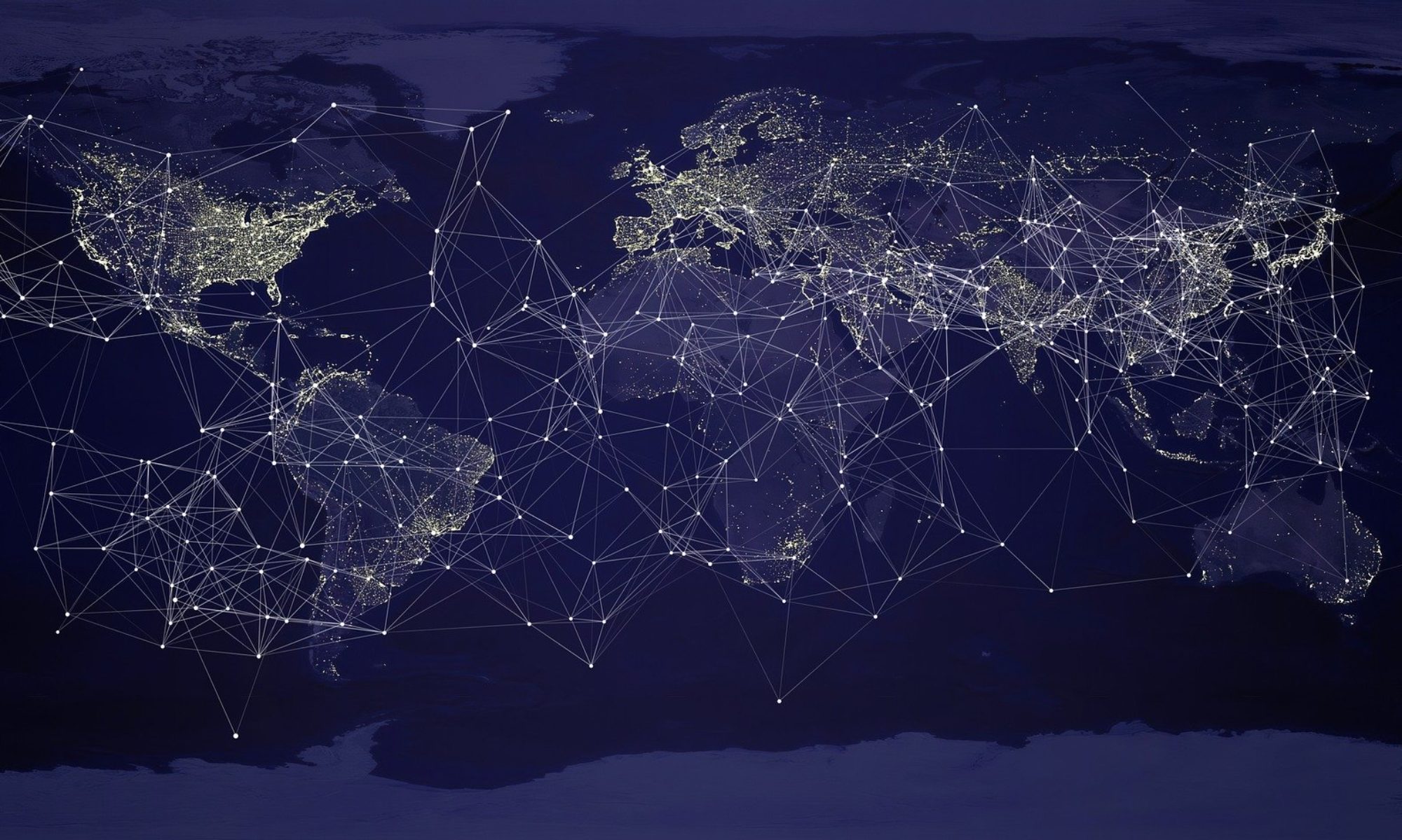The growing popularity of diaspora studies in the fields of cultural studies is happening around the same time as diasporic movements are generating renewed interests in the news media, as well as in art and literature – a phenomenon that is associated with the effects of globalization, particularly transmigration and transnationalization. Increasing social digitization arguably involves a fundamental change for these communities.
The WoC lab takes on the task of theoretically exploring a fresh relationship between diaspora and (post-)digitality and using case studies to investigate how marginalized groups design themselves as decentralized “imagined communities” (B. Anderson) in the internet (as a potential space of transterritorial networking) and actively shape their self-image. A crucial notion to be discussed is the concept of “digital diaspora” and its specificities as well as the consequences for diasporic communities’ practices of self-representation and performances.
The lab focuses on the intersections of diasporic existence in analogue reality and its digital projection: the notion of the “postdigital” captures this dissolution of boundaries between these two areas. Although these intersections are a characteristic of diasporic communities in the present, they are not exempt from contradictions and conflicts that are to be examined. In any case, diasporic movements are unstable formations which can be put into relation with cultures of contradictions in multiple ways (discursively, poetologically, socially). For now, the lab embraces different philologies (Romance studies, German studies, English studies) whose frames of reference are linked to different diasporic traditions. It takes a decidedly cultural-scientific look at the “textures” of digital diasporic movements. The lab’s transdisciplinary perspective will be expanded successively.
